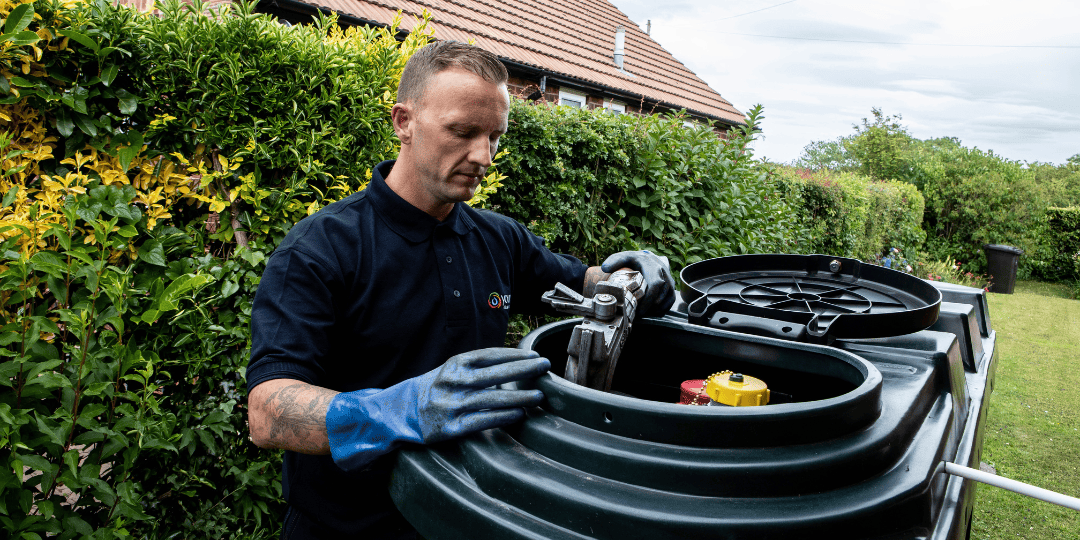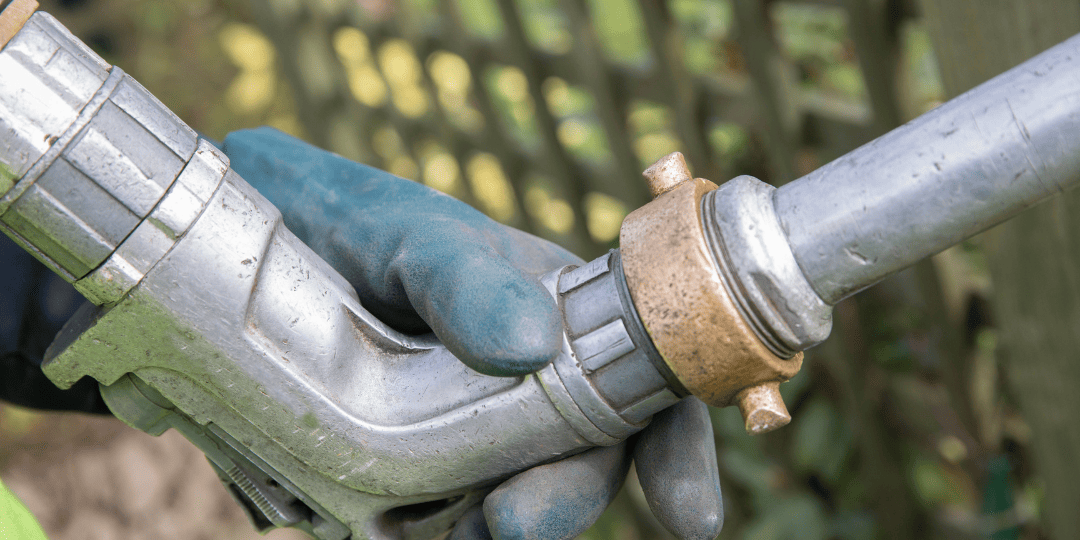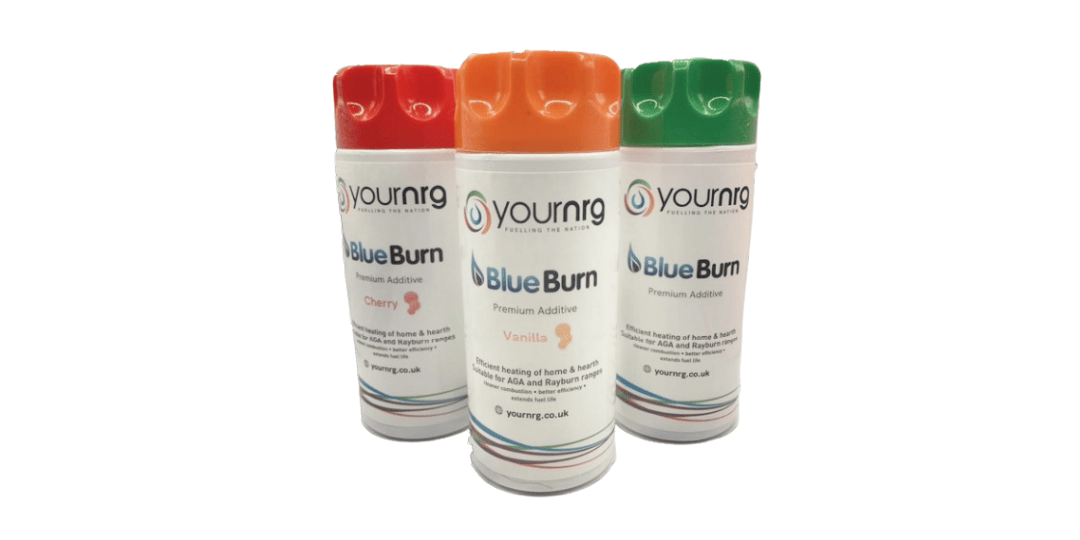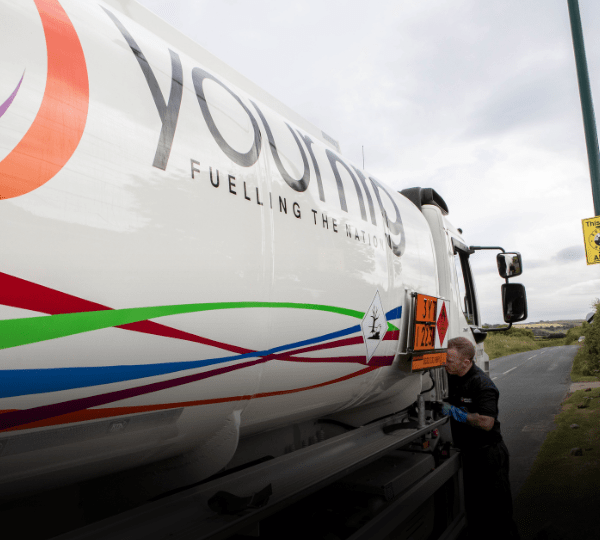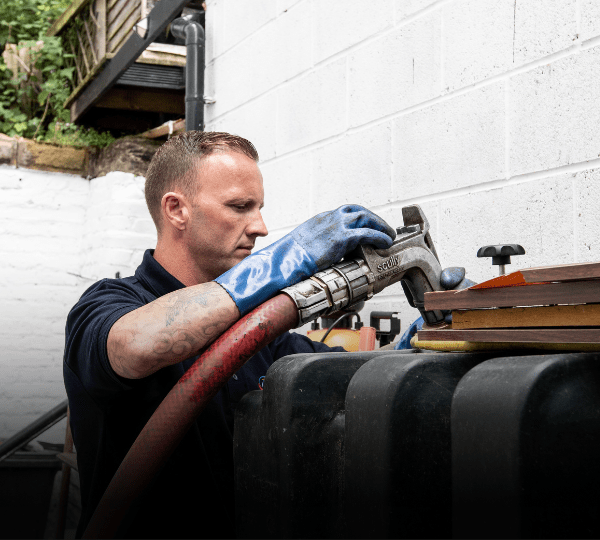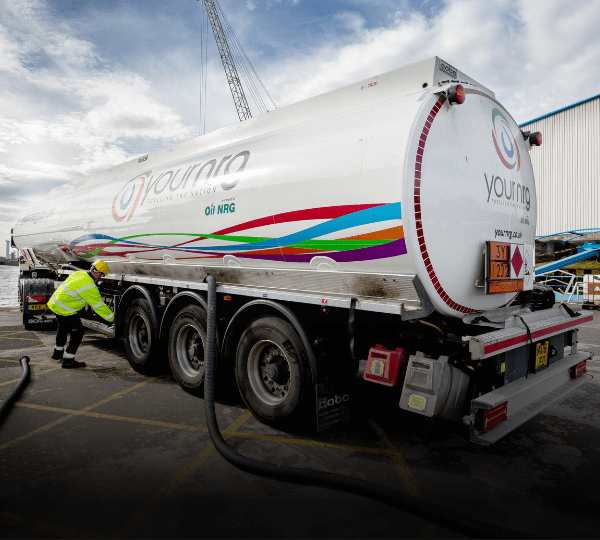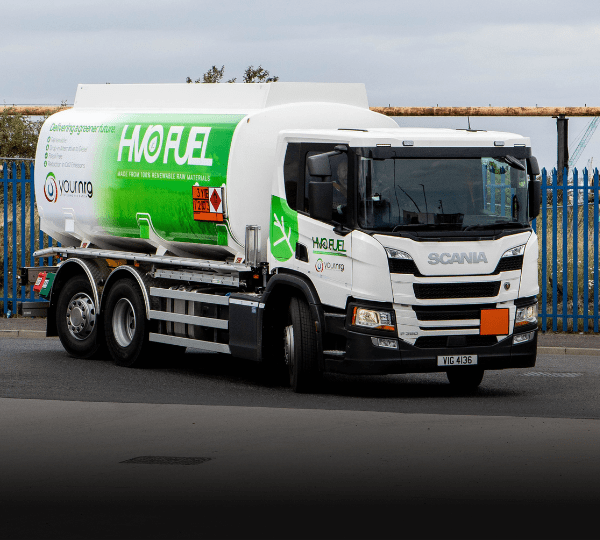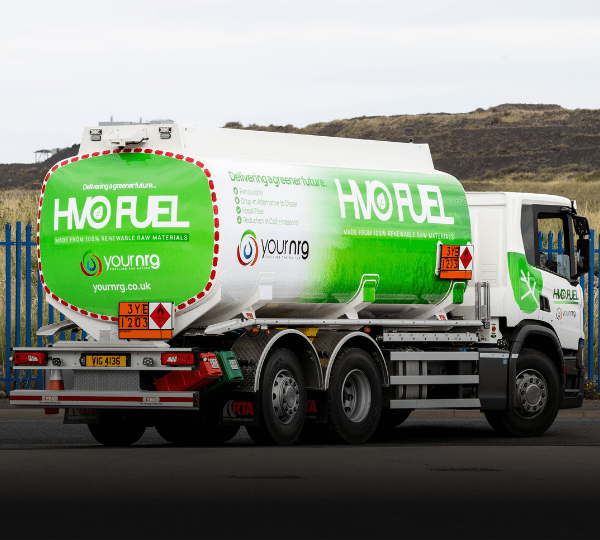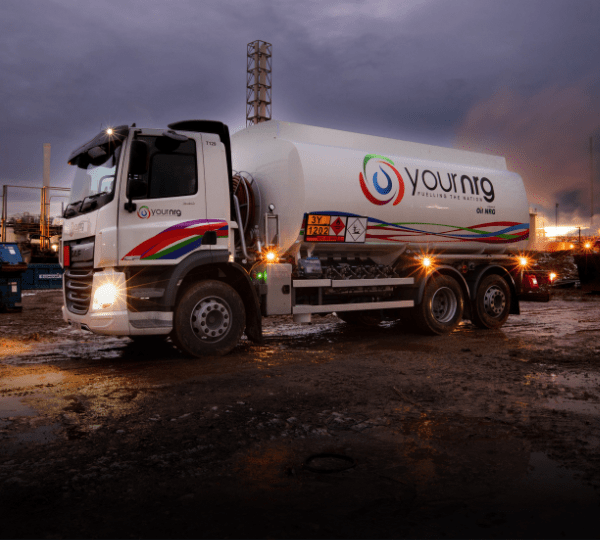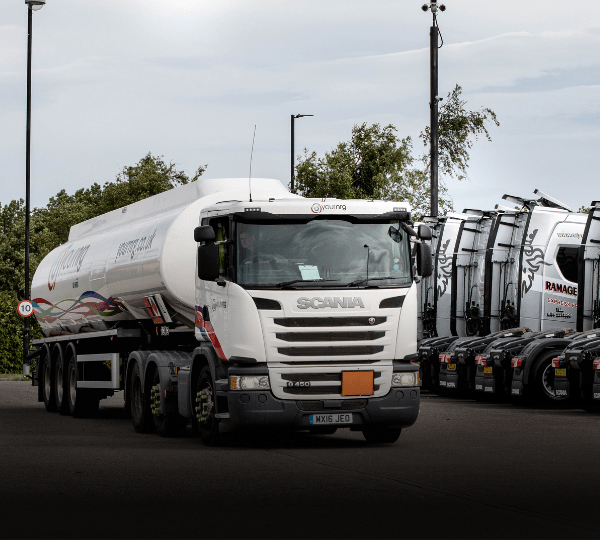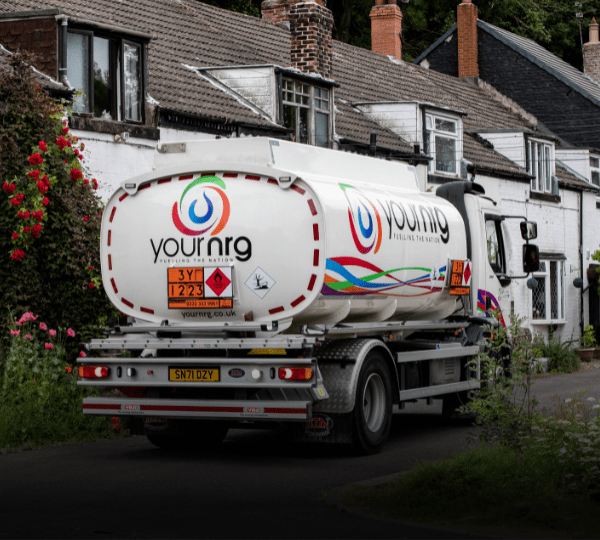Additives for kerosene fuel heaters, boilers and AGAs
Additives are compounds that can be added to fuels—including kerosene heating oil—to improve their quality and burning efficiency. Kerosene additives are manufactured to offer a range of benefits, from boosting the performance of your boiler or AGA to protecting your appliance and keeping it in good working order. Here at Your NRG, we stock and supply a selection of kerosene additives for boilers and AGAs. These specialist fuel additives have been manufactured to reduce maintenance, improve burn quality and protect your boiler or range-cooker.
Why should I use kerosene additives?
The kerosene that you rely on to heat your home is made from crude oil. This process creates a heating oil that has a high carbon residue, which can lead to an accumulation of sludge and reduce the efficiency of your boiler. Kerosene additives work to remove these impurities and keep your central heating system healthy.
What additives are in home heating oil?
There are many additives that can be added to home heating oil, with each offering different benefits. These kerosene additives can generally be grouped into the following five categories: antioxidants and stabilisers, corrosion inhibitors, biocides, cleaners and demulsifiers.
Antioxidants and stabilisers
Antioxidants and stabilisers make heating oil more stable. In particular, they make kerosene more resistant to environmental factors, such as oxidation. Adding a stabiliser prevents heating oil from deteriorating and helps it to burn more efficiently at higher temperatures.
Corrosion inhibitors
This type of additive works by preventing corrosion to metal. In the case of central heating, a corrosion inhibitor additive can help to minimise debris and prevent damage to your tank or boiler.
Biocides
Biocides are designed to kill microbes. This is important as microbes can cause the formation of sludge, which can shorten the life of your heating oil and be detrimental to the performance of your boiler. This can be a problem during the warm summer months, as microbes can flourish when central heating systems are used less frequently.
Cleaners
If sludge has built up in your boiler, then you may need to use a cleaner. Also referred to as dispersers and detergents, these additives dissolve sludge and remove carbon deposits to keep your boiler, tank and system clean. They also prevent further build-up.
Demulsifiers
A demulsifer works by separating water and fuel. If water gets into your central heating system it can reduce the efficiency of your boiler and encourage microbe growth. To prevent this, a demulsifier separates and controls any excess water, keeping your central heating system in good working order.
qAre there kerosene additives for smell? How to make kerosene smell better
In addition to boosting the life and efficiency of your appliances, additives can also add scents and fragrances to kerosene heating oil. At Your NRG, our Blue Burn Premium Kerosene scented additive gives off a vanilla scent, helping to reduce boiler maintenance and keep your home smelling fragrant.
Choose Your NRG for Kerosene Additives
From our Savings Plan to our dedicated team of experts, the Your NRG team is on-hand to help. As a family owned and operated business, customer satisfaction is at the heart of everything we do and we’re proud to deliver five-star customer service. Do you have any other questions about our specialist kerosene additives and commercial fuel? Contact our friendly support team to find out how we can help you today. Alternatively, you can visit our FAQ page for more information.
